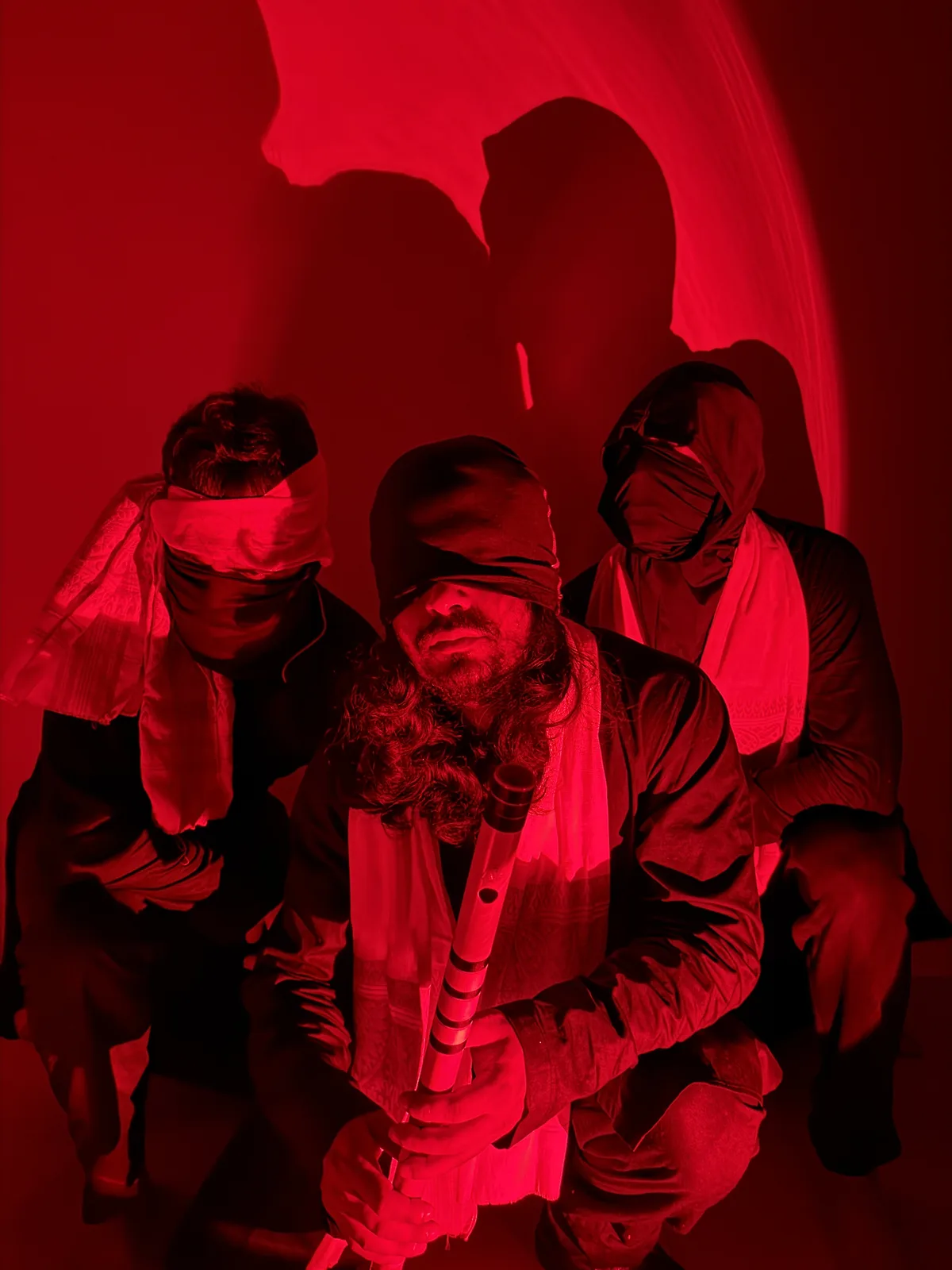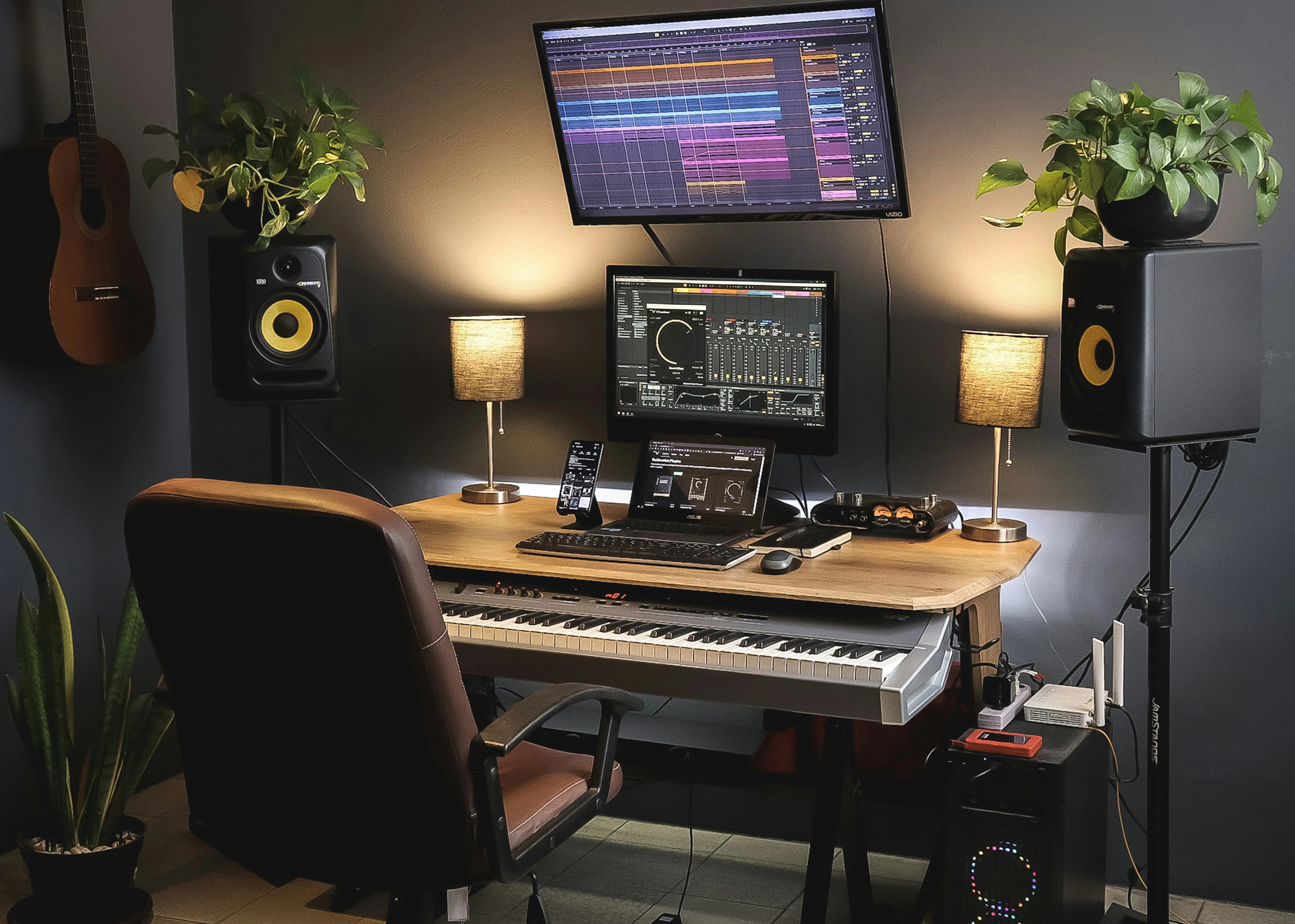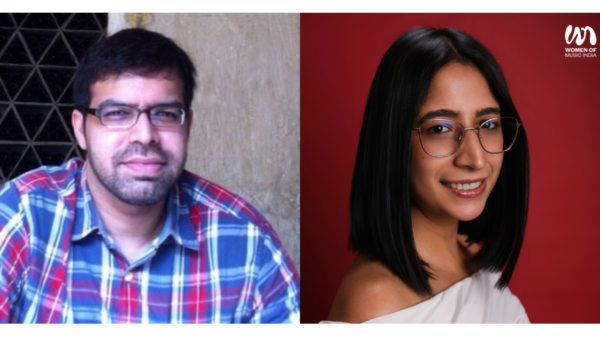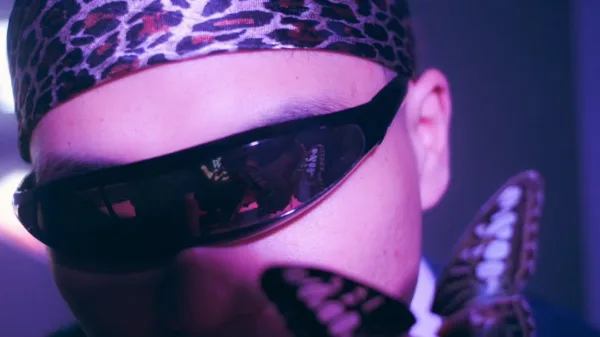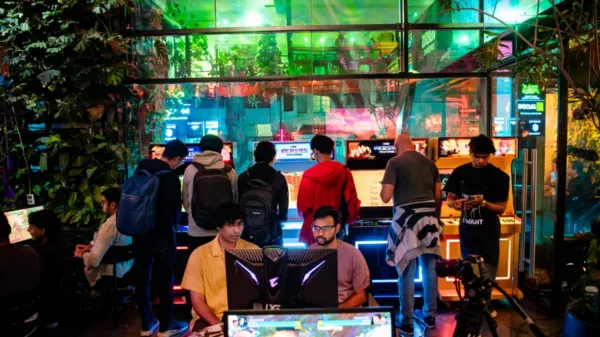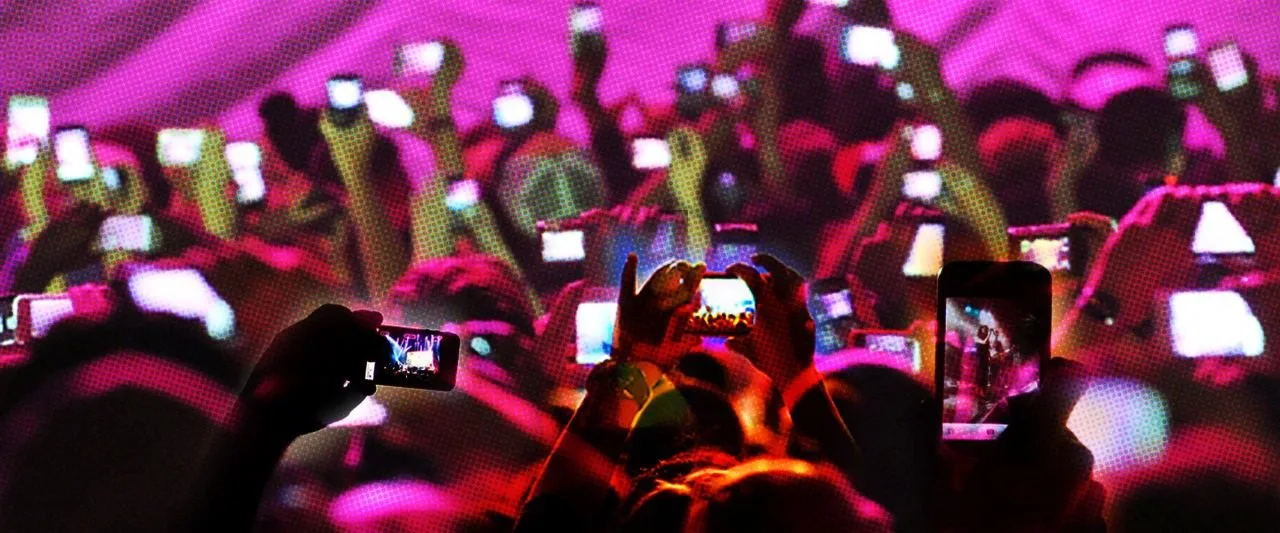“We have art in order not to die of the truth.”
Nietzsche’s assertion ties into the idea that art exists as a form of liberation from reality. Artists are supposed to channel raw emotion and creativity into something transcendent. However, today’s focus on content creation reduces art to a commodity, tethered to algorithms and engagement metrics. The question arises: is music still art if it is created primarily to satisfy an algorithm?
In 2024, it’s hard to talk about music without mentioning social media. Platforms like Instagram, and YouTube have become the new gatekeepers, determining who rises to fame and who remains underground. While these platforms have democratized the industry, allowing independent artists to reach audiences without the backing of major labels, they’ve also shifted the nature of music creation. Artists are now expected to be content creators first and musicians second, a trend that profoundly impacts the art of music.
The Rise of the Content-Driven Artist
The most common advice for emerging artists today isn’t just about honing their craft or improving their music production skills. According to music producer and guitarist Badoni “The most recurring advice you get when you ask, ‘How do I grow my music base?’ is to optimize your social media account for short video content, be it for Instagram or YouTube.”
This shift towards creating algorithm-friendly content is apparent across the industry. Artists are no longer just competing with each other based on musical talent, but on who can generate the most engaging, viral content. As Badoni pointed out, “The art or product now has to cater to a target audience who consumes this short-form content,” which can often restrict an artist’s ability to experiment and push creative boundaries.
In essence, musicians are no longer just creating music—they are creating a brand, a persona, and content that goes far beyond their art.
Chasing the Algorithm
One of the greatest consequences of this content-first mentality is the pressure to follow formulas that have been deemed algorithm-friendly. Artists today are constantly advised to focus on building a social media presence rather than purely making music. Artists are pushed to release catchy hooks or snippets that can go viral on Reels, overshadowing the complexity or emotional depth of a full album or body of work.
For hip-hop artists like NIICK, this pressure is particularly frustrating. “Imagine an artist like me, who creates music just to let out what I feel, and then I’ve to sell it to people by saying what and why I’ve made this song. It’s embarrassing,” he explains. Niick’s struggle is shared by many artists who feel that they’re forced to market their emotions and creativity in a way that undermines their authentic artistic expression. “It’s stressful, especially for independent artists who have to manage everything on their own.”
The sentiment is echoed all around in the scene where there is this constant demand for content creation, which can lead to burnout. Artists are caught in a cycle where they need to produce content to stay relevant, often at the expense of their craft.
Burnout and Mental Health
For many musicians, the constant demand for content is overwhelming. Singer-songwriter Tathastu shared that while social media is crucial for visibility, the effort required to stay consistent can lead to burnout. “It requires consistency and repetition, which more often than not leads to burnout or just a lack of creative content. Most of the content online isn’t creative; it just follows a trend, a formula which has been liked and supported by the algorithm.”
The emotional toll of having to constantly produce content, rather than simply focusing on creating music, has left many artists disillusioned. The algorithms of social media platforms are designed to prioritize engagement over quality. This leads to a situation where musicians feel more like social media influencers than artists, with their music becoming secondary to their ability to engage with an audience.
Balancing Art and Content Creation
However, not all artists view the rise of content creation negatively. For some, it has become an integral part of their creative process. B-LEAF, a prolific artist in the Indian independent music scene sees content creation as a way to enhance the storytelling behind his music. “When I work on a project, especially my albums, it’s a whole story I’m trying to tell. These are done through social media posts and other creative content. It needs to be in line with the music and add to the story.”
His approach shows that when done thoughtfully, content creation can complement the music rather than detract from it. For him, creating an online narrative around his music is just as important as the songs themselves. “While all of this is super taxing and requires a lot of time and effort, I honestly love this process and try to give it my all.”
This perspective is a refreshing reminder that content creation doesn’t have to compromise the integrity of the music.
The Future of Music in a Content-Driven World
The rise of social media and the demand for content creation has undoubtedly changed the way music is made, consumed, and appreciated. As Indian musicians—and musicians globally—grapple with these demands, one thing is clear: the industry is no longer just about the music. The sacred becomes commodified, the artistic process accelerated, and the message diluted.
Is this what music was meant to become? A never-ending chase for the next viral post? This shift has led to broader discussions within the industry about the future of music. Will artists be able to reclaim the depth and artistry that has historically defined the genre, or will the pursuit of virality and algorithmic success continue to drive the industry? For now, it seems the line between musician and content creator will continue to blur, with each artist needing to find their own balance between the two.









